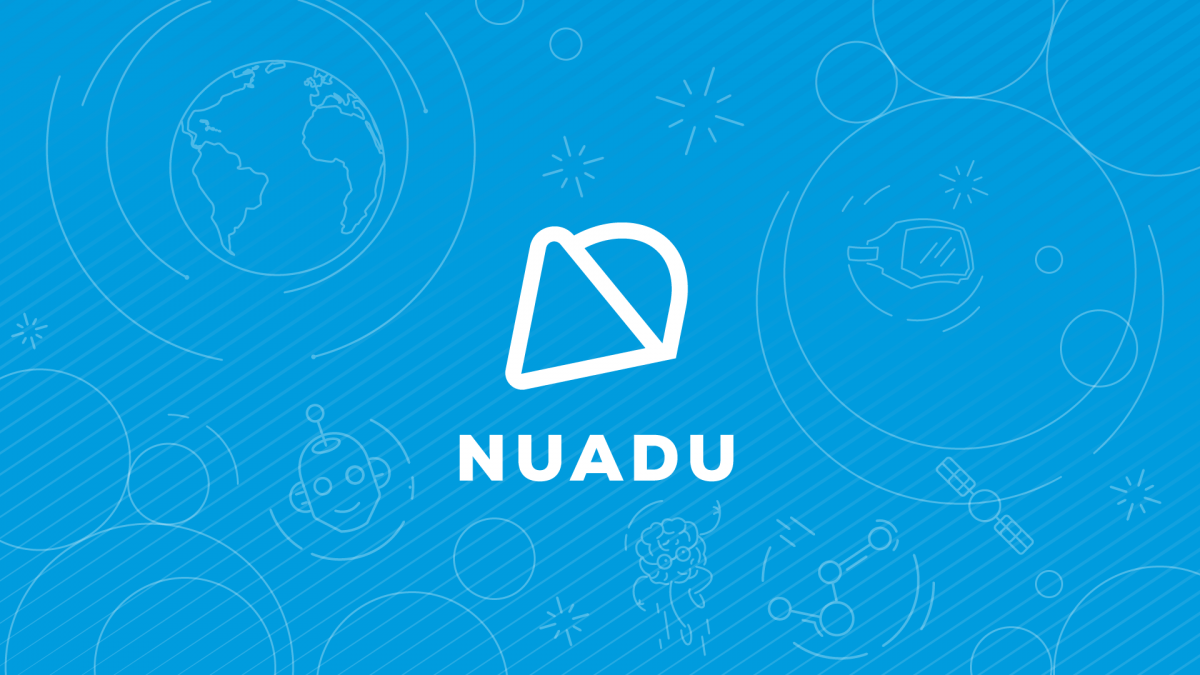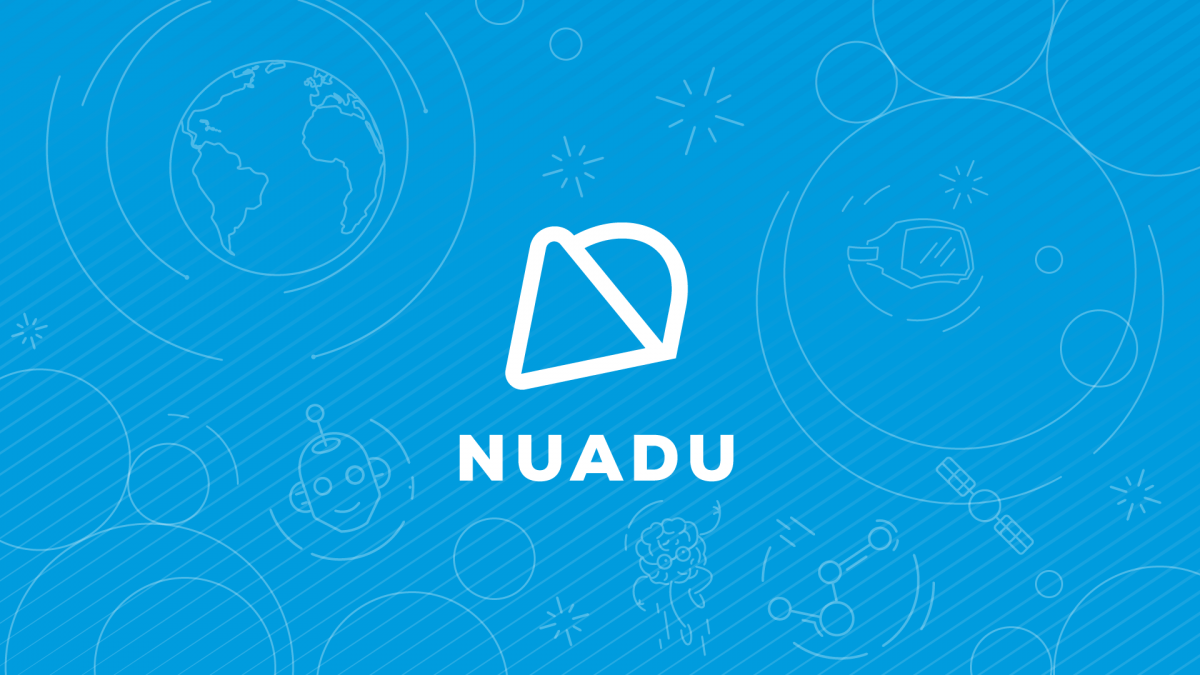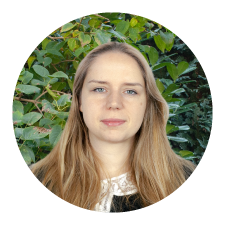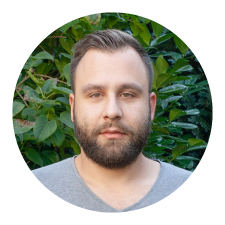Każdy uczeń wymaga czasu
W przeciętnej chińskiej klasie znajduje się 48 uczniów, w singapurskiej trochę mniej – bo 35. Natomiast w Stanach Zjednoczonych klasa liczy 24 uczniów, a w Australii i w Europie – średnio 20. Typowy nauczyciel prowadzi takich klas kilka, a czasem – gdy naucza w więcej niż w jednej szkole – nawet kilkanaście. W ekstremalnych przypadkach daje to nawet 300 – 350 uczniów, którymi musi się zajmować jeden nauczyciel. Wśród tej grupy znajdują się osoby wybitnie zdolnie, nadpobudliwe, dyslektyczne, zamknięte w sobie, a czasem pochodzące z rodzin z nałogami. Zdarzają się też dzieci niepełnosprawne ruchowo i też umysłowo. Przybywa również uczniów mających problem ze skupieniem się i napadami agresji. Wszystkich uczniów (z tak różnymi potrzebami i możliwościami) trzeba nauczać i traktować indywidualnie. A co dokładnie składa się na proces nauczania? Diagnoza potrzeb, planowanie, wyjaśnienie tematu, ułożenie zadań praktycznych, ewaluacja (im częstsza tym lepsza), dodatkowe zadania wyrównawcze, ćwiczenia utrwalające i wiele innych mniejszych działań. Nietrudno zgadnąć, że czas i uwaga poświęcany wszystkim uczniom w takim stopniu, w jakim go potrzebują, powinien być liczony nie w roboczogodzinach, ale w stuleciach.
Problem zauważają też autorzy badań „Meta-Analysis of Research on the Relationship of Class-Size and Achievement” (Glass and Smith, ED 168 129), którzy wskazali istotny związek wielkości klasy z osiągnięciami uczniów. Wg nich uczniowie w licznych klasach osiągają nawet kilkunastoprocentowo gorsze wyniki, niż ich koledzy uczący się w małych grupach.
Innowacyjny projekt doceniony grantem
Zespół entuzjastów pracujących w NUADU usilnie szuka odpowiedzi, jak rozwiązać ten poważny problem. Myśli głównie o sposobie, który można włączyć w istniejące systemy edukacji.
Szkolnictwo nie jest w stanie przeobrazić się w szybkim tempie, Jeśli chcemy, aby szkoły się rozwijały, to musimy opracować innowacje, które da się łatwo wpleść w codzienne życie nauczycieli i uczniów. Jeśli będziemy oczekiwać od ludzi, że z dnia na dzień zmienią całkowicie swoje przyzwyczajenia i sposób pracy, to z góry skazujemy się na ich wielki opór.
Alina Guzik, Dyrektor Produktu NUADU
Takie podejście stało się zalążkiem opracowania pomysłu systemu, który będzie w stanie pomóc nauczycielom rozpoznawać potrzeby każdego ucznia i dostarczać im materiały oraz odpowiednie wsparcie edukacyjne w najlepszym możliwym momencie. Krótko mówiąc: rozwiązania, które można w równym stopniu zastosować w szkołach, jak i w domach.
Skuteczne uczenie się to nie tylko dobre materiały i czas poświęcony na zapamiętywanie. Na cały proces składa się bardzo wiele czynników, w tym chociażby to, czy jesteśmy wypoczęci, pora dnia, miejsce, w którym się uczymy czy aktualnie odczuwany poziom stresu. Dlatego w NUADU do nauki podchodzi się holistycznie. Pracownicy platformy jako pierwsi na świecie zdecydowali się mocno osadzić rozwiązanie technologiczne w odkryciach z obszaru pedagogiki, neurobiologii i psychologii. Całość tworzą dzięki wykorzystaniu mechanizmów sztucznej inteligencji i uczenia maszynowego.
Ich pomysł został doceniony przez instytucję rządową i jako jeden z nielicznych otrzymał finansowanie w wysokości ponad pół miliona euro z Narodowego Centrum Badań i Rozwoju, które wspiera powstawanie obiecujących innowacji.
Nad powstaniem rozwiązania pracuje interdyscyplinarny zespół składający się z naukowców z różnych dziedzin nauki, analityków danych, wysokiej klasy programistów uczenia maszynowego i projektantów UX. Całość jest na każdym etapie konsultowana z nauczycielami i uczniami. Jakie dokładnie usprawnienia powstaną?

Inteligentny planer edukacyjny
Opracowany produkt będzie rozkładał naukę w czasie, biorąc pod uwagę specyficzne potrzeby ucznia. Będzie dbał o takie rozplanowanie materiału, aby uczeń zdążył go przeanalizować, nauczyć się i utrwalić wiedzę przed wskazanym terminem np. przed datą egzaminu maturalnego.
Wiedza, której się nie zapomina
Gdy mamy przed sobą do opanowania dużo materiału, szybkie zapominanie tego, co już się nauczyliśmy jest dużym problemem. Dlatego też w ramach projektu powstanie inteligentny mechanizm, który pomoże przenieść wiedzę z pamięci krótkotrwałej do długotrwałej. W tym celu zostanie wykorzystana krzywa zapominania Ebbinghausa wskazującą okresy narażone na utratę wiedzy oraz system Leitnera – algorytm definiujący pięcioetapowy proces powtarzania treści, aż do ich całkowitego przyswojenia. W odróżnieniu od istniejących na rynku produktów bazujących na algorytmach opartych o sztywny zbiór reguł, NUADU weźmie pod uwagę unikatowe potrzeby konkretnych osób. W ich rozpoznaniu pomoże mechanizm sztucznej inteligencji.
Wzajemna pomoc uczniów
A co w przypadku, gdy uczeń będzie miał trudność ze zrozumieniem tematu? System podsunie odpowiednie teksty, filmiki i prezentacje albo wskaże rówieśnika, który pomoże wyjaśnić trudne kwestie. W świecie, w którym nauczyciel ma ograniczony czas na wsparcie każdego dziecka, znaczenie pomocy międzyuczniowskiej bardzo wzrasta.
Bot, który zmotywuje do nauki
Nauka to często długi, żmudny i pracochłonny proces. Wytrwałość i systematyczność w uczeniu się jest problemem dla wielu dorosłych a co dopiero dla dzieci. Na szczęście motywacji można trochę pomóc, dlatego tworzony system będzie nagradzać m. in. za czas spędzony na aktywnym zdobywaniu wiedzy i umiejętności. Sprawę ułatwi wirtualny bot, który będzie zachęcał do pracy, wyłapywał chwile spadku motywacji i wspierał w drodze do celu. Bot-trener będzie również sugerować uczniowi zastosowanie różnych metod i technik uczenia się, co wesprze budowanie czegoś niezwykle cennego – samoświadomości.
Komercjalizacja
W pierwszej kolejności wdrożymy nasz innowacyjny produkt w takich krajach jak Singapur, Filipiny, Indonezja, Australia, Stany Zjednoczone i Polska. System (dzięki swojej modularnej konstrukcji) będzie wykorzystywany na rynku szkolnym – i myślę tu o szkołach podstawowych, średnich, uczelniach wyższych i centrum korepetycji – oraz na rynku domowym, gdzie uczeń samodzielnie uczy się w domu, by zdobyć lepszą ocenę lub lepiej przygotować się do egzaminu. W tym drugim modelu to rodzic będzie głównym płatnikiem.
Marcin Wojnowski, Prezes i Założyciel NUADU
NUADU w czołówce najlepszych startupów edukacyjnych
Pod koniec 2018 roku NUADU znalazło się w grupie 5 finalistów (wyłonionych z ponad 300 projektów z 34 krajów świata) w programie Incredibles wspierającym innowacyjne spółki. Firma NUADU otrzymała również nagrodę od Polskiej Agencji Inwestycji i Handlu za dynamizm w kategorii Ekspansja Zagraniczna.
Co więcej, w ostatnio opublikowanym raporcie „Map of the Polish AI” NUADU wskazano jako firmę (jedną z niewielu) zmieniającą oblicze światowej edukacji. W spółkę wierzy również Microsoft, który promuje ich platformę edukacyjną w ramach projektu School of the future – Szkoły przyszłości – inicjatywy przeobrażającej szkolnictwo z wykorzystaniem najnowszych technologii.






